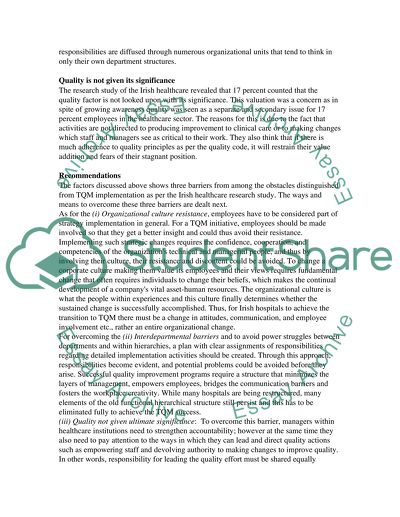Cite this document
(“Total Quality Management in Irish Healthcare Case Study”, n.d.)
Total Quality Management in Irish Healthcare Case Study. Retrieved from https://studentshare.org/health-sciences-medicine/1506652-quality-management-college-essay
Total Quality Management in Irish Healthcare Case Study. Retrieved from https://studentshare.org/health-sciences-medicine/1506652-quality-management-college-essay
(Total Quality Management in Irish Healthcare Case Study)
Total Quality Management in Irish Healthcare Case Study. https://studentshare.org/health-sciences-medicine/1506652-quality-management-college-essay.
Total Quality Management in Irish Healthcare Case Study. https://studentshare.org/health-sciences-medicine/1506652-quality-management-college-essay.
“Total Quality Management in Irish Healthcare Case Study”, n.d. https://studentshare.org/health-sciences-medicine/1506652-quality-management-college-essay.


